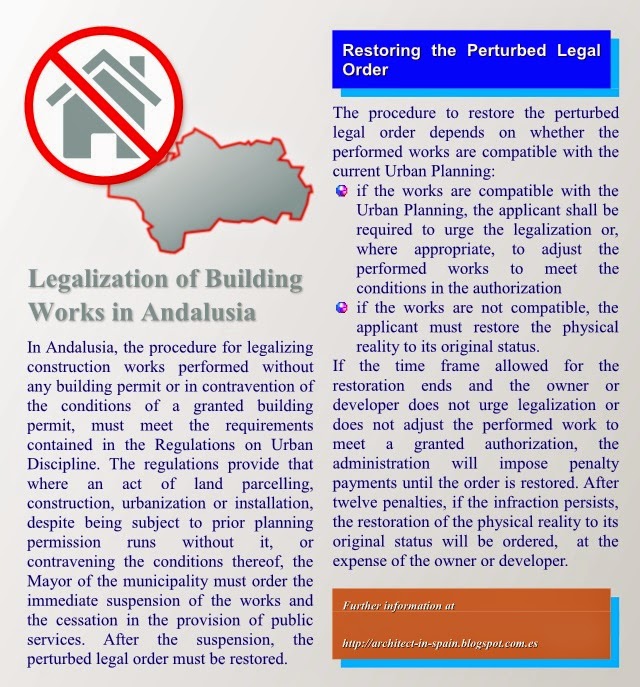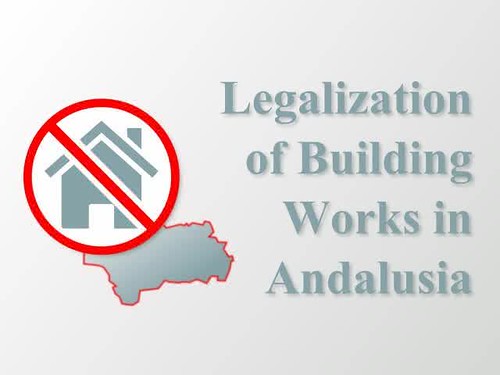Waste Management in Demolition Projects in Spain (II)
Obligations of the Waste Producer. Content of the Management Study.
In Spain, every Producer of demolition waste must meet the following requirements:
- adding a Waste Management Study to the Construction Documents of the Demolition Project
- including, in the Waste Management Study, an inventory of all the hazardous waste that can be generated
- providing the selective removal of the hazardous waste, in order to avoid the mixing with other kinds of waste
- ensuring the delivery of the hazardous waste to authorized managers
- managing the demolition waste on-site, or delivering them to a Recovery or Disposal Facility, for treatment by an authorized Waste Manager
- having documentation proving that all the demolition waste actually produced have been managed under the terms established in Spanish Royal Decree 105/2008 and in the Waste Management Study of the Demolition Project, and keeping it for at least five years
- in case of demolition works subject to planning permission, providing, where appropriate, the bond or financial warranty needed to ensure compliance with the requirements of the license in relation to the Waste Management.
Content of the Demolition Waste Management Study
Every Demolition Waste Management Study should contain, at least, the subsequent information:
- an estimate of the amount of demolition waste that will be generated in the works, expressed in tons and cubic meters
- on-site measures for waste prevention
- reuse, recovery or disposal operations to perform on the waste
- on-site measures for the separation of the waste
- plans describing the facilities where the demolition waste will be stored, handled, separated and will be subject of any other management operations on-site
- reference to the part, inside the Document of Specific Technical Requirements, that has relation with the storage, handling, separation and other management operations to apply on the demolition waste on-site
- assessment about the expected cost of the Demolition Waste Management, which should be a separate chapter inside the Schedule of Construction Costs.
Exemptions
The referred obligations are not applicable to Demolition Waste Producers in minor construction or repair works for homes, which are only subject to the requirements laid down by local authorities in their respective bylaws.
Architect Daniel Trujillano
Demolition Projects for Buildings in Spain






